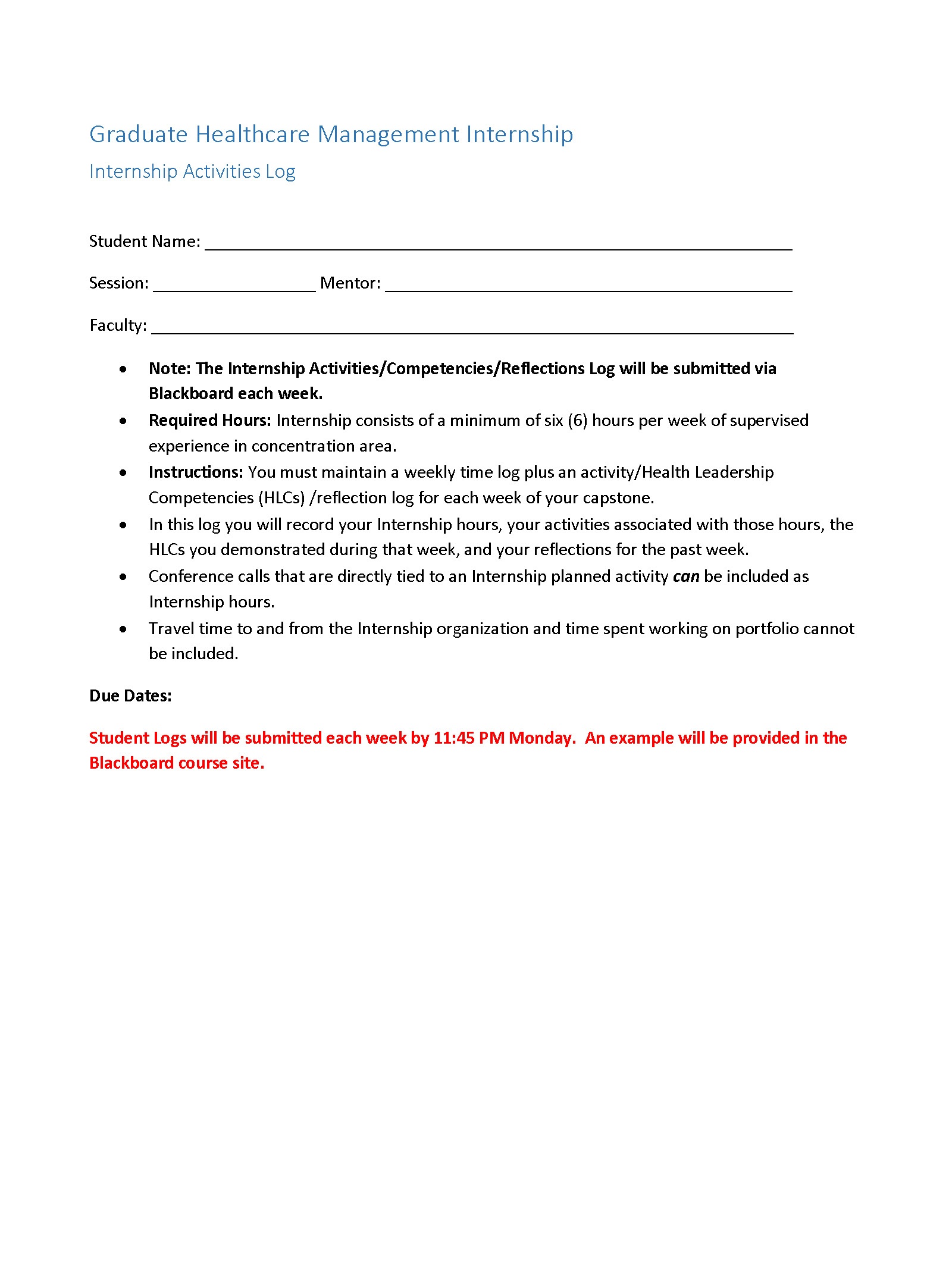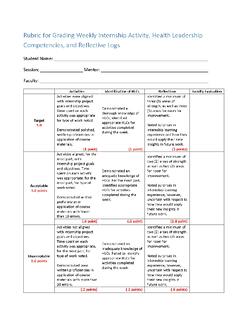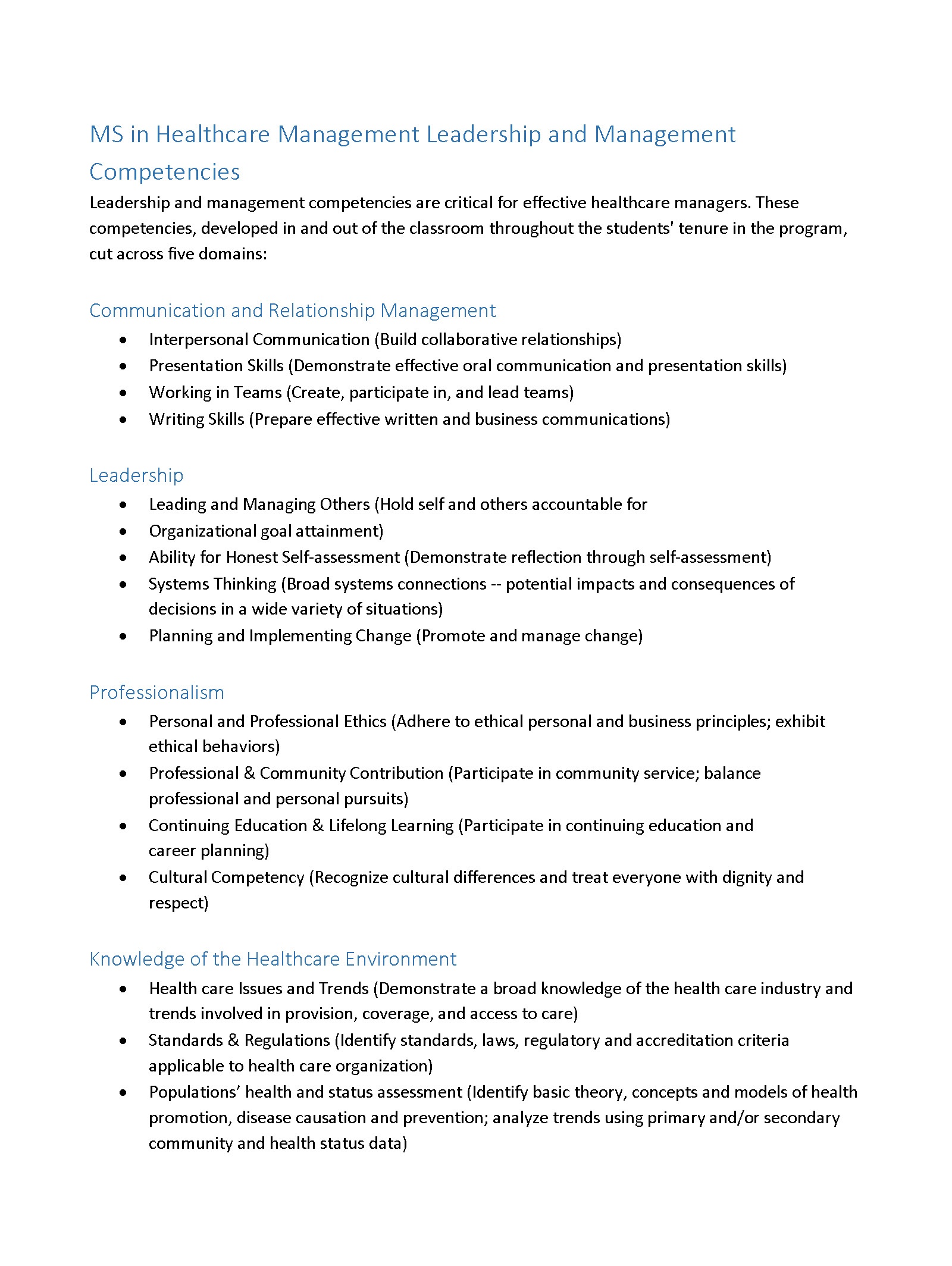Once upon a time, graduate and undergraduate students were supplicants at the altar of knowledge, forced to follow ritualized steps initiating them to the world of health care management, one semester at a time. In what some consider “halcyon days,” students’ lives outside of the classroom did not matter. If you really wanted to enter this exalted field, you had to give up your job and your family life and devote every waking minute to The Program. Fast forward to current times, and we have a dramatic downturn in numbers of “traditional students” and the majority of students, both undergraduate and graduate, hold down part- or full-time jobs while attending school, whether in online, hybrid, or face-to-face format.
The field of health care management expects students to hit the ground running upon graduation. Our programs have responded with competency frameworks and metrics for assessing these competencies to document students’ ability to meet the needs of our dynamic field. But what about the job postings? We know our students can do the work, however, even entry ads will say, “Undergraduate degree or graduate degree preferred along with a minimum of five years in the field.” Many of our students look at these postings and feel trapped in a Catch-22. How are they supposed to get experience if they can’t get a job? What if they have a job, but it’s not in healthcare management? What if their job is in healthcare management, but not in their desired specialty? We can offer experiential learning—but how do we squeeze it into an online program or an already packed student life? And, how do we assess the work the student does in this experience. We can start by offering realistic internship and capstone experiences and by delineating student, faculty, and mentor roles and responsibilities in writing. We can also institute meaningful assignments that are not just busywork, but that build on the program curriculum.
At one time, our program had a capstone experience that required students to put in eight hours a week in a healthcare organization, along with three hours a week of face-to-face classes. When we moved into a fully online format, we knew ninety percent of our students were employed full-time in health care or a related area. However, ten percent of our students had no health care employment experience and were often students coming directly to graduate school from their undergraduate program. To address the real-world needs of those students, and those who might want to switch careers, we added an optional health care management internship. The internship consists of a minimum of six (6) hours per week for eight (8) weeks of supervised experience that I have arranged in a healthcare setting and students are required to complete weekly reflective journals. Included in this post, you will find:
Since 2016, two graduate students who had no experience working in health care have completed the optional internship. Both students obtained employment within three months of graduation or less at the employer of their choice in positions they would have not acquired without the internship. It is clear we can help our students make this critical transition from classroom to the workplace, even when we offer programs in “nontraditional” formats. To do so, we must be willing to be creative and innovative to meet the needs of our students—and our field. Are you ready to take the plunge?
 |
 |
 |
Sharon Buchbinder Professor and Program Coordinator for the MS in Healthcare Management at Stevenson University in the Graduate and Professional School and former chair of the Association of University Programs in Health Administration (AUPHA). She is also the author of three books from Jones & Bartlett: Introduction to Health Care Management, Cases in Health Care Management, and Career Opportunities in Health Care Management.
Here are some resources if you are interested in this topic:
Kolb, A.Y., & Kolb, D. (2005). Learning styles and learning spaces: Enhancing experiential learning in higher education. Academy of Management Learning & Education, 4(2):193–212.
Kolb, D. A. (1984). Experiential learning: Experience as the source of learning and development. Englewood Cliffs, NJ: Prentice-Press.
McLeod, S. (2013). Kolb learning styles. Retrieved from http://cei.ust.hk/files/public/simplypsychology_kolb_learning_styles.pdf
Walker, A. & Costa, B.M. (2016) Transition into the workplace: comparing health graduates’ and organizational perspectives, Contemporary Nurse, 53:1, 1-12, DOI: 10.1080/10376178.2016.1254050
